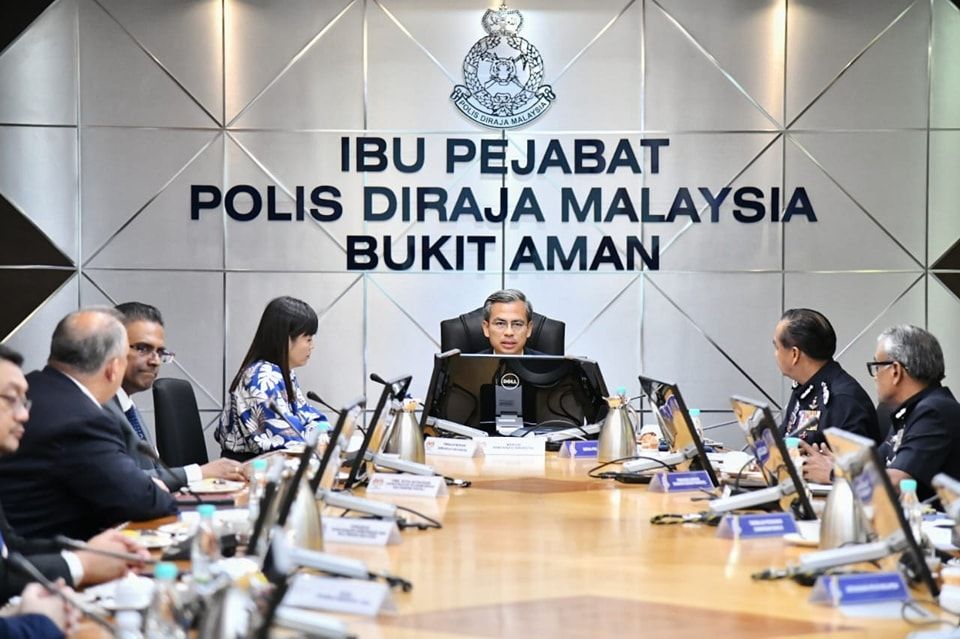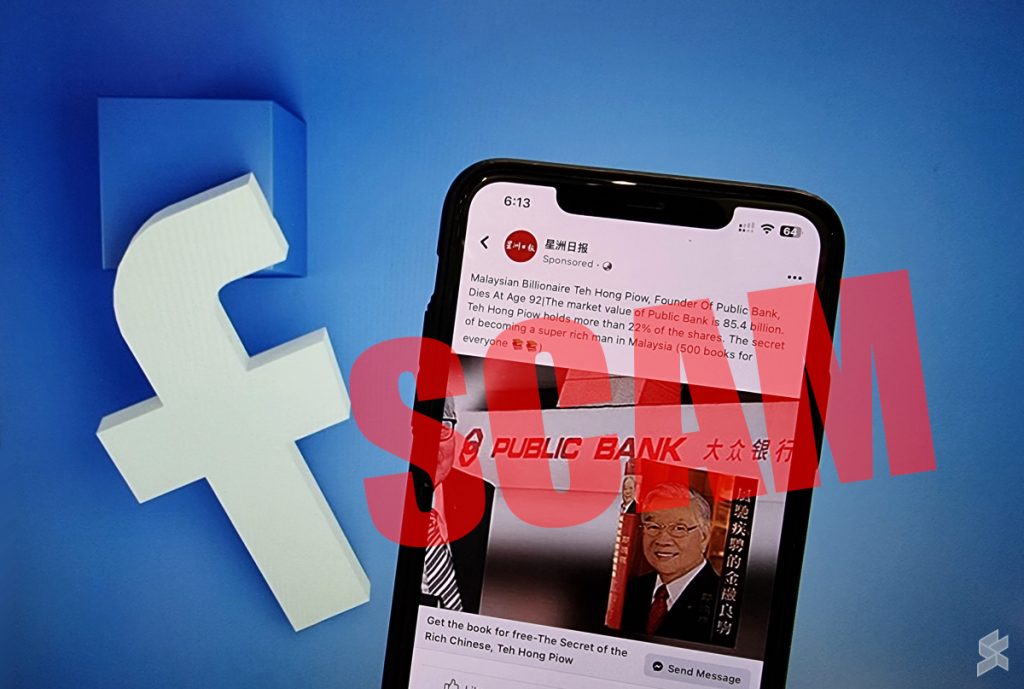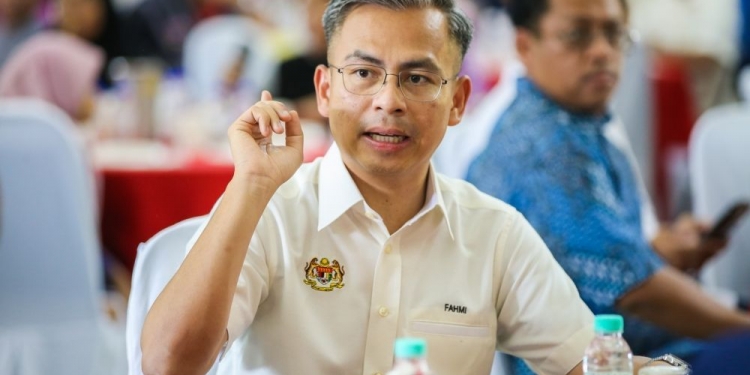In an interview with Reuters, Communications and Digital Minister Fahmi Fadzil said Malaysia will not go through with its plan to take legal action against Meta for failing to tackle a variety of issues relating to scams and inappropriate content. Last month, the Malaysian Communications and Multimedia Commission (MCMC) announced that it will be taking definitive steps or legal action over Meta’s failure to take sufficient action to address Facebook scams ads, impersonation, online gambling and undesirable content related to 3R (Race, Royalty and Religion).
It was reported that Malaysia has decided not to take action following “positive” engagement with the social media giant which owns Facebook, Instagram and WhatsApp. He said Meta has given their firm commitment to work with Malaysian authorities, including the regulator and the police, to tackle such posts on its platforms.
He told Reuters, “I don’t think MCMC needs at this point in time to initiate any legal action. I think this level of cooperation is very positive”. He added that the government is also considering other measures such as fines against social media platforms if they failed to tackle harmful content.

Earlier this month, Fahmi revealed that Malaysians have lost nearly RM330 million to scams on Facebook, Instagram and WhatsApp between January to May 2023. He added the amount represents a 25% increase compared to the full year of 2022. Despite several rounds of “engagement” with Meta, Malaysians are continuously exposed to scam ads on their platform which impersonate public figures and popular brands.

The social network platform has also repeatedly allowed scam ads impersonating Bursa Malaysia CEO as well as mainstream news titles to promote online gambling. Even The Star has recently published a public service announcement warning readers about Facebook ads misusing The Star’s branding.

Most of these scams could have been prevented if Meta conducts basic checks on new advertisers and if they establish a local ad moderation team in Malaysia which can take down inappropriate ads and content reported by local users. It is well documented that Meta has knowingly approved scam ads on their platform and it is seen as prioritising ad revenues over user safety. Meta says they rely on algorithms to weed out scams but it is clear that these measures do not work as the number of scams are on the rise.
Saya menerima tangkap layar ini sebentar tadi. Ini adalah PALSU!
— Fahmi Fadzil 🇲🇾 (@fahmi_fadzil) May 5, 2023
Saya tidak pernah mempromosi mana-mana skim pelaburan seperti ini. Saya telah laporkan pada pihak SKMM. pic.twitter.com/zm9tbK1iBZ
Even Fahmi himself was a victim of impersonation when his face was misused for what appeared to be a scam investment ad. The MCMC has highlighted that the power to act on social media scams is limited as the current policies are ineffective against platforms hosted outside of Malaysia. The regulator has called for intervention to punish platforms that allow scam ads in Malaysia as they have clearly not been effective in self-regulating the use of their platforms. Without a clear legal framework and regulation, Meta appears to be operating without regard for user safety and are not motivated to take drastic steps to tackle the rising scam issues.
In Australia, the Competition and Consumer Commission (ACCC) filed a lawsuit last year against Meta for failing to prevent scammers from using its platform to promote fake ads featuring well-known people. Yesterday, the Australian court slapped Meta with an AUD 20 million fine for collecting data without users’ knowledge.
Recently, Mark Zuckerberg introduced Meta Verified which promises to help tackle scams and impersonation on their platform while providing direct access to customer service. In Malaysia, the Meta Verified subscription costs as high as RM41.99/month.
Earlier this month, the MCMC also issued a statement reminding all telcos to fulfil their obligations under the Communications and Multimedia Act 1998 to tackle fake news, scams, phishing, gambling and content citing racial or religious discontent. In short, it expects every telco to make every effort to prevent criminal conduct on its platform. This raises concerns about internet freedom if telcos are now required to carry out their own self-censorship. Are telcos now empowered to decide which websites or content is inappropriate? Does this also mean telcos should block all Meta platforms knowing that Facebook is a cesspool of scams?
[ SOURCE, IMAGE SOURCE ]
Related reading
- Fahmi: Malaysians lost nearly RM330 mil to scams on Facebook, Instagram and WhatsApp between Jan to May 2023
- Malaysia takes legal action against Meta for failing to tackle Facebook scams ads, impersonation and inappropriate content
- MCMC calls for intervention to punish platforms that allow scam ads in Malaysia
- Fahmi wants MCMC to find out why Meta fails to tackle scams ads in Malaysia








